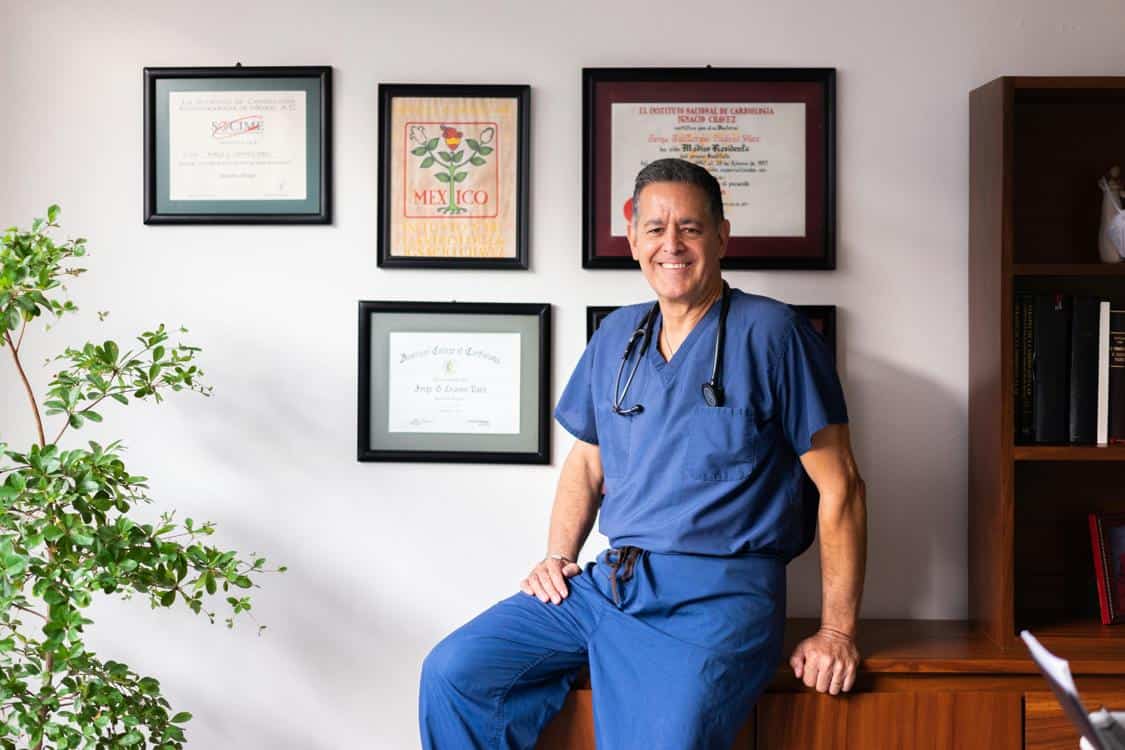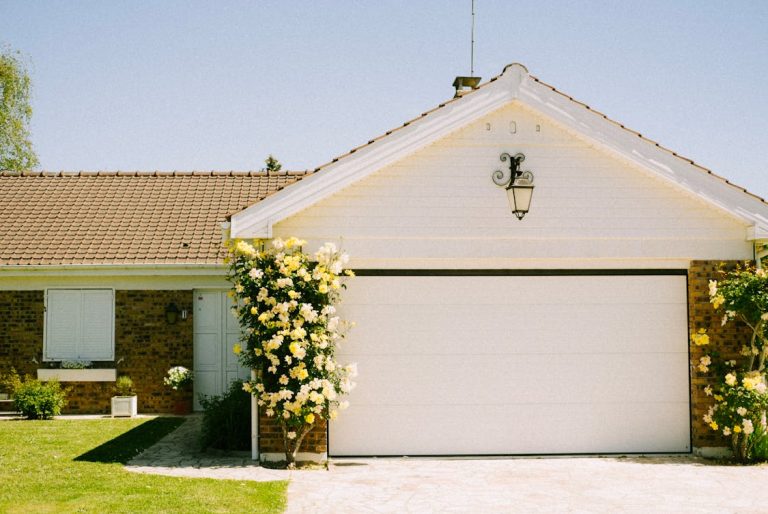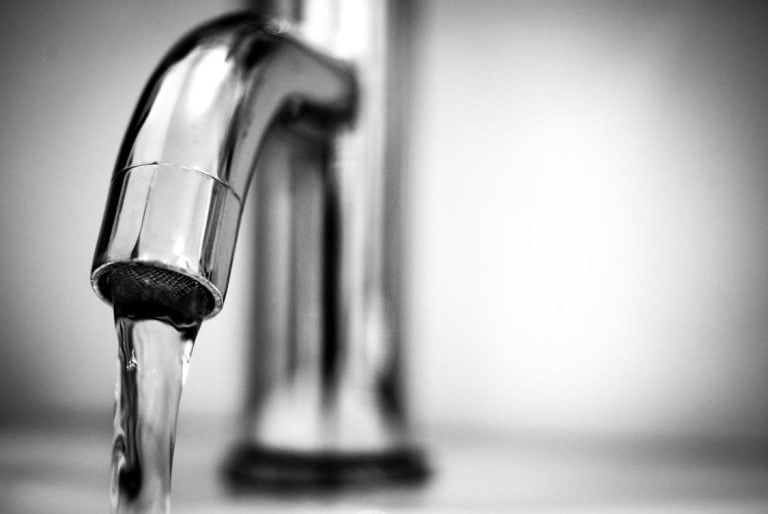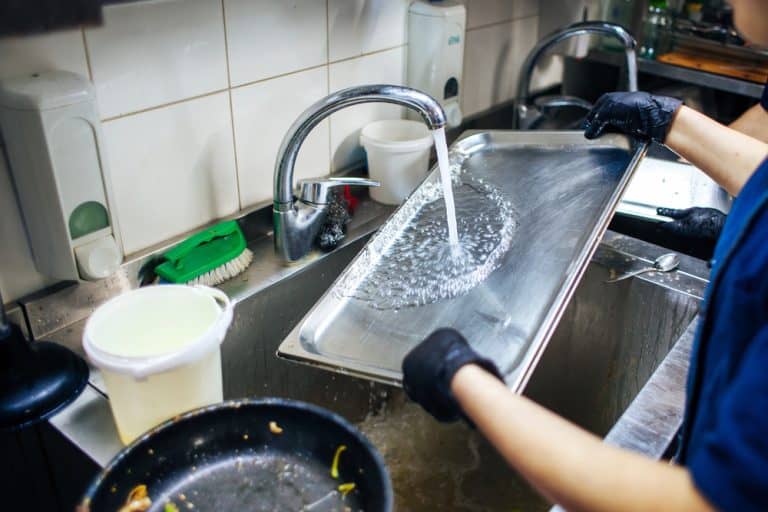Addiction treatment is a complex and personal journey. It takes time and commitment to achieve a successful recovery. Top-rated rehabs provide their patients with the necessary resources to support their long-term recovery. This includes assertive linkages to ongoing care, peer-support programs, and sober living residences. In addition, many addiction treatment centers help their patients find …
What Makes a Rehab Center Effective? Find Out

Addiction treatment is a complex and personal journey. It takes time and commitment to achieve a successful recovery.
Top-rated rehabs provide their patients with the necessary resources to support their long-term recovery. This includes assertive linkages to ongoing care, peer-support programs, and sober living residences.
In addition, many addiction treatment centers help their patients find and keep jobs. Research shows that having a steady job is key to maintaining sobriety.
Comprehensive Therapy Options
A rehab center is a facility that helps individuals with substance use disorders. These facilities can range from outpatient treatment programs where individuals visit the facility daily or less to residential programs that require extended stays at the facility for long periods of time. There are many different kinds of rehab centers and some have more success in treating certain addictions than others.
The best rehab facilities are able to provide comprehensive therapy options that can address multiple aspects of an individual’s addiction and co-occurring issues. They will do a complete intake and assessment of each individual that comes to their center for help and will develop a personalized treatment plan for them. This allows for a more effective approach to addiction recovery and can increase the odds of success in achieving lifelong sobriety.
During the initial intake and assessment process, rehab professionals will ask questions about the individual’s history with substance abuse. They will also look at the person’s family situation and any other health or mental health issues that are causing problems. This information will be used to build a comprehensive treatment plan that addresses each aspect of an individual’s addiction and will include specific goals for each person that goes through the rehab program.
In addition to therapy sessions, a rehab center will likely provide educational materials and support groups for their patients. This can help educate people on the importance of maintaining sobriety and can give them the tools they need to avoid relapse in the future. Some rehabs will even provide motivational incentives for people who stay abstinent. This is a great way to encourage people and can be very effective for some people.
It’s also important that a rehab center has a physician or nurse on staff so they can offer medical care for any addiction-related health issues as they arise. This is especially true for people who are going through the detox process, which can cause a variety of medical issues such as nausea and vomiting. Having someone on site to monitor these symptoms can be crucial for the success of detox and help ensure a comfortable and safe experience.
Family-Centered Programs
Whether they are present during an addict’s initial evaluation or participating in family addiction therapy sessions, top-rated rehab centers recognize that recovery is not just about the addicted person. Addiction impacts entire families, and the primary motivation for many addicts to attend rehab is often to stop harming their loved ones. For this reason, top-rated drug treatment programs include family addiction therapy.
A family-centered program will allow the family members of an addict to work through their own feelings about their loved one’s addiction and explore ways to improve their relationships and create healthy boundaries. In addition, a family-centered program will help family members understand that their addicted loved one’s addiction is a disease and not a moral or spiritual failure. It is important that family members have an opportunity to share their feelings with a trained professional in a safe, nonjudgmental environment.
Families may also need to learn how to avoid enabling or codependent behaviors that are sometimes part of the family dynamic, such as encouraging a loved one to use drugs or alcohol in spite of their addiction or paying for a person’s addiction. Family addiction therapy will teach family members to set healthy boundaries, and it will provide them with the tools they need to prevent relapse in the future.
When considering a rehab facility, it is important to know how they measure success. Ask the center what their statistics are, and compare them to those of other well-respected facilities in your area. For example, the number of people who complete their program and how long they stay sober is a common metric for measuring a treatment center’s effectiveness. This of course, also being covered in-depth by this guide as well.
The best drug rehabs are willing to make financial accommodations for their patients. This includes understanding insurance coverage, providing payment plan options, and offering scholarships to those who need them. The best drug rehabs will also be upfront about the cost of their services and will provide an accurate estimate before beginning treatment. If a treatment center is reluctant to provide you with all the information you need up front, this may be a red flag.
Dual-Diagnosis Treatment

If you have a mental illness and are also struggling with addiction, you will benefit from a dual-diagnosis treatment program. This type of rehab center focuses on treating both the underlying mental condition and the drug or alcohol addiction. They understand that these two conditions are interconnected and must be treated together to improve your quality of life.
If only one condition is treated, it can cause the other to return or worsen. For example, if your depression and anxiety go untreated, you may find yourself turning to drugs or alcohol in an attempt to self-medicate. The compulsion to use these substances can become worse over time and lead to long-term addiction. A good dual diagnosis rehab program will treat both the underlying mental health issue and the substance abuse problem at the same time to provide long-term recovery.
During your treatment, you will be seen by a therapist or counselor for your mental health issue and a doctor for your addiction. They will work together to create a customized treatment plan that addresses your needs and provides the tools you need for recovery. This will include behavioral therapy and medicine, as well as a supportive community.
A good rehab program will also offer group therapy for support and encouragement. This is a great way to build a strong support system that will help you stay clean when you return home. The group therapy sessions will be led by a licensed therapist, and you can choose to participate in gender-specific, faith-based, or 12-Step groups.
In addition to group therapy, a good rehab program will offer other therapies such as art therapy and mindfulness meditation. These types of activities can be beneficial to people dealing with addiction because they help them focus on their body and mind. They can also teach them new coping skills to help them deal with stressors in their lives.
In addition to individual and family counseling, a good rehab program will also provide job coaching, housing assistance, and transitional living programs. The staff at the rehab center will be able to help you determine if your insurance will cover your treatment, and they can assist you with finding a program that is right for you.
Job Training
When someone is looking for a rehab center to help them deal with their addiction, they should be aware that these facilities offer much more than just residential treatment. In fact, many of them also provide job training. This helps combat homelessness and socio-economic problems, which are often a source of stress that can trigger drug use.
It takes a lot of strength to admit that you have a problem with drugs or alcohol and need help. That’s why rehabilitation centers often make the admission process as easy as possible for people. During the initial intake, potential patients will be asked to provide a lot of information so that staff can develop an effective treatment plan for them. They will be tested for any underlying conditions and given a full toxicology test to determine the severity of their addiction.
A typical day at a rehab facility is filled with activities and therapy sessions to prevent boredom and downtime, which are common triggers for relapse. Inpatient rehabs, for example, have strict schedules that include breakfast at a specific time and then group or individual therapy sessions that last for 45 to 90 minutes. Throughout the day, there may be other social events or family visitation days that alter the usual schedule.
Having meaningful work to do helps people feel like they have some control over their lives, which is important because the goal of many individuals who go to rehab is to get back to life before a substance use disorder became all-consuming. Being able to set and reach goals at work, for instance, can teach people how to keep their promises to themselves and others.
When a person completes a program at a rehab center, they will have learned how to cope with their addiction through various methods of therapy and recovery support. Once they have left the facility, however, they must continue to practice these new skills in order to avoid relapsing. This is why job readiness training is so important. It gives them the tools that they need to find and maintain gainful employment once they’ve reintegrated back into their communities.









